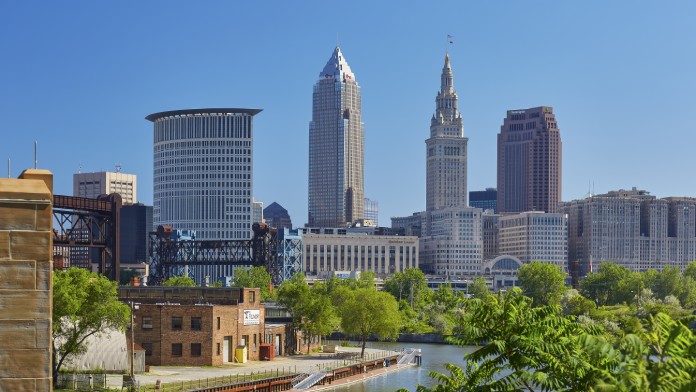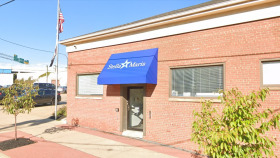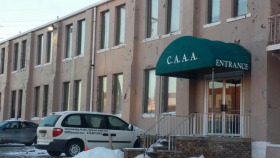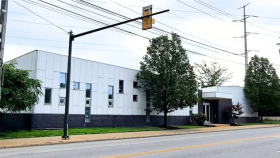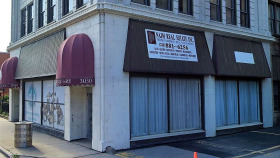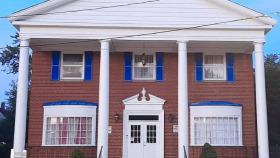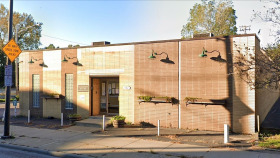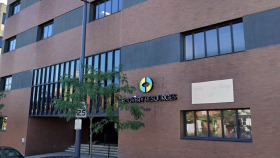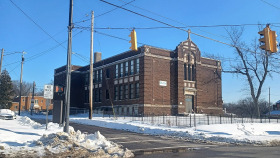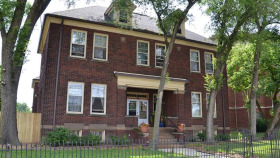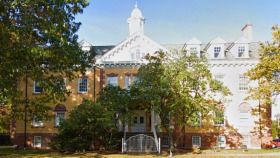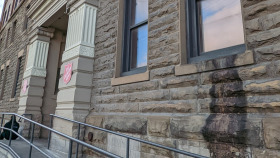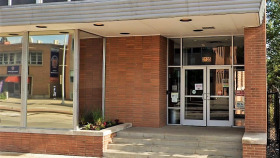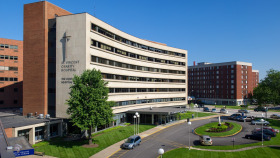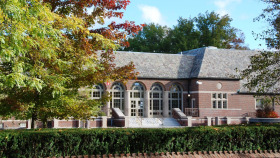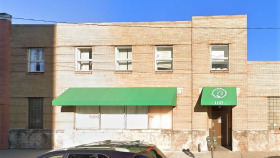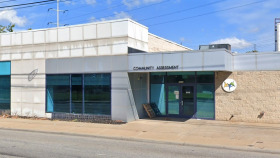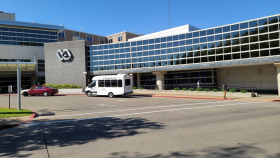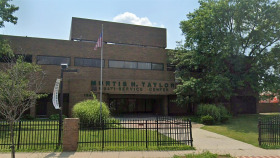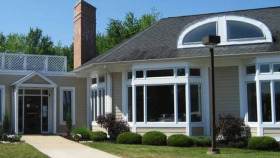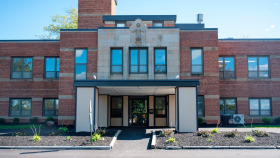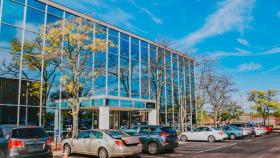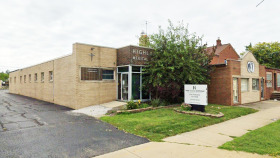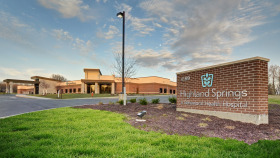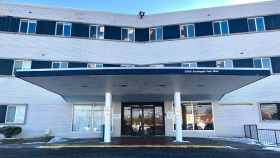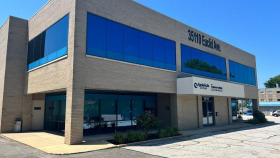Expert Insights
I recently read about a group of scientists from Case Western Reserve University, the University of Cincinnati, Cleveland Clinic Lerner College of Medicine, and MetroHealth Medical Center using AI to develop a treatment for cocaine addiction. They combined an artificial intelligence-based drug discovery algorithm with a wealth of data from health records to identify the existing drugs that could potentially treat other than the ones they were developed for, in this case, cocaine addiction. While I don’t understand all the technical components involved in this study, I do find it very interesting that the group of Ohio researchers came up with a novel approach to treating cocaine addiction with the FDA-approved anesthetic, ketamine. Only time will tell if this drug actually works.
~ Rita Milios
How Expensive is Drug Rehab in Cleveland?
Many different factors contribute to the cost of drug and alcohol rehab in Cleveland, including the cost of living in the area. Consider this as well as these other factors when budgeting for your rehab in Cleveland:
Treatment type: Do you require long-term care in an inpatient or residential facility, or will outpatient treatment be sufficient?
Amenities: Typical rehabs may offer you necessities; luxury programs can have gyms, spas, and more on site, which increase costs.
Program Duration: Treatment programs can last 30, 60, or 90 days but can last longer if needed.
Insurance: Does your insurance cover facilities in Cleveland? Most insurance providers cover some costs of drug or alcohol rehab, at least.
Funding: Grants, scholarships, state programs, or financing plans can help you fund your treatment.
The National Survey of Substance Abuse Treatment Services (N-SSATS) surveyed 619 treatment facilities across Ohio. Rehab centers accepted these payment methods. Keep in mind that these are statewide and not limited to Cleveland:
Costs should not dissuade you from seeking treatment. You are bound to find financially feasible alcohol or drug rehab in Cleveland.
How Do You Pay for Addiction Treatment in Cleveland?
There may be reasons why a free drug and alcohol rehab in Cleveland cannot admit you when you call, such as being full and having a waiting list for admissions. When this happens, you have other low-cost alternatives to help you get the treatment you deserve right away.
Apply for a Rehab Scholarship: Many Cleveland drug and alcohol rehabs in Cleveland set aside funding to help people who need substance treatment but cannot afford it and have not qualified for other funding resources. Clinics for drug rehab in Cleveland also receive grant funding through state and federal resources, such as Community Block Grants, to help pay for services on your behalf.
Contacting the drug rehab in Cleveland directly is the best way to learn about their scholarship funding. However, you also may contact the local mental health and substance abuse services department.
Find a Sliding Scale Rehab Program: A sliding-scale drug rehab in Cleveland offers you substance abuse treatment at a cost that you can afford right now. By looking at your income and other resources, they can determine the amount you can pay.
To enroll in a program that offers sliding-scale fees, you should contact the facility you are interested in and ask about their funding options. You may also check with school counselors, local counseling agencies, probation and parole officers if you are in the criminal justice system, and local government offices handling mental health and substance abuse services in your community.
Choose a Program that Offers Payment Plans: Payment plans often are employed by treatment centers. Fortunately, Cleveland drug rehabs generally do not charge interest when paying for the services you receive. Together, you agree upon a price for services. They create a schedule that includes specific amounts due at specific times, usually a monthly payment. However, some centers may arrange for financing through a third party, which may involve interest. Each drug and alcohol rehab in Cleveland can have different payment plan policies. To get exact details, contact the treatment center.
How Does Cleveland Compare in Alcohol and Drug Use?
Cleveland might be home to the Rock and Roll Hall of Fame, but issues like drug trafficking, drug abuse, and overdose fatalities are truly rocking the city. Like most urban centers across the country, Cleveland, OH is battling an ongoing opioid crisis.
Researchers have identified additional emerging substance abuse trends, including Gabapentin, a prescription anticonvulsant, and methamphetamine. As a result, residents are extremely grateful to have 164 accredited alcohol and drug rehabs in Cleveland.
Below are some 2021 data on overdoses in Cleveland:
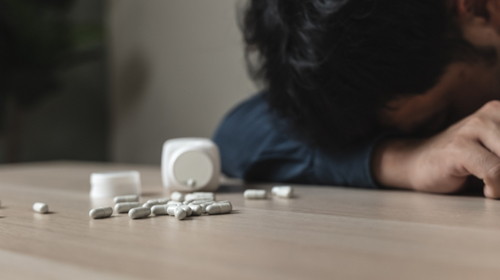
In the fourth quarter of 2021, there were 158 overdose deaths reported by the Cleveland medical examiner.

In 2021, the total number of fatal overdoses throughout the year was 649.
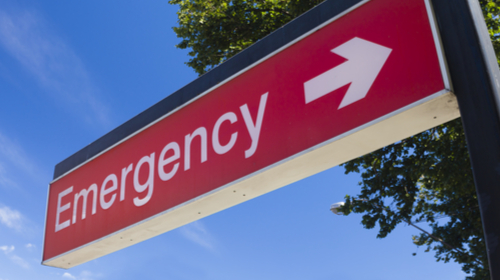
There were 4,335 emergency room visits in 2021 for suspected drug overdoses.

44109 is the zip code in Cleveland with the highest number of drug overdoses.
The Ohio Substance Abuse Monitoring Network (OSAM) identified the following demographic data for substance users in the Cleveland region in 2019. Among its respondents:
Alcohol and Drug Laws in Cleveland
Casey’s Law: Ohio passed Casey’s Law that allows families to force loved ones into substance abuse treatment even if they do not want to go. Families must file an affidavit and be able to prove their loved one meets the following criteria:
- Being a danger to themselves or others
- An inability to provide for themselves
- Outside authorities deem treatment necessary
The Pink Slip Law: The Pink Slip law allows interventionists or professionals to take someone into custody immediately and put them in treatment. Professionals include police officers, psychiatrists, licensed clinicians, physicians, parole and probation officers, and sheriffs.
Other areas covered include:
- Emergency hospitalization
- Three-day holds
- Custody and transport
- Judicial hospitalization
- Good-faith commitment
- Bad-faith commitment
Resources
- Cuyahoga County Board of Health. Begun Center of Case Western Reserve University. (2021). Overdose Surveillance Quarterly Bulletin 2021 Q4: Overdose Data to Action Cuyahoga County, Ohio.
- Cleveland Department of Public Health. (2022). Office of Mental Health and Substance Abuse (OMHSA).
- Ohio Department of Insurance. Ohio Department of Mental Health and Addiction Services. (2022). Ohio Mental Health Parity Report: 2022.
- National Institute on Drug Abuse. (2022). Substance Use and SUDs in LGBTQ* Populations.
- Musielewicz, L. (2021). Involuntary Treatment for Mental Illness.
- Karns, B., Bhullar, M., Kavadas, A., & Smith, M. (2021). Cuyahoga County Overdose Fatality Review Annual Report, 2020.
- National Survey of Substance Abuse Treatment Services (N-SSATS). (2022). 2020 N-SSATS State Profile: Ohio.

